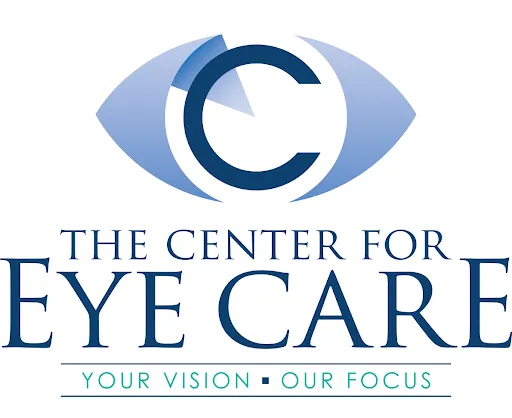Frequently Asked Questions
General Questions
Adults should have an eye exam every year, depending on their age, health history, and risk factors. Children should have regular exams to ensure their eyes are developing correctly and to catch any issues early.
Please bring any current prescription glasses or contact lenses, a list of your current medications, and any medical records that might be relevant to your eye health. Also, bring your insurance information if you intend to use it.
Dilation of your pupils during an eye exam can cause sensitivity to light and blurred vision for several hours. We recommend bringing sunglasses to help manage light sensitivity and, if possible, arranging a ride home instead of driving yourself.
Regular eye exams become even more important as you age. Protecting your eyes from UV light, managing chronic health issues like diabetes and high blood pressure, not smoking, and following a healthy lifestyle can all contribute to preserving eye health.
iLasik Questions
Good candidates for iLasik are at least 18 years old, have stable vision for at least a year, and have a refractive error (such as nearsightedness, farsightedness, or astigmatism) within treatable limits. A thorough examination by our specialists can determine if iLasik is suitable for you.
Most patients notice significant improvements in their vision almost immediately after iLasik surgery. However, it can take several weeks for vision to stabilize completely. Most patients return to their normal activities the day after the surgery.
iLasik is generally not painful. Numbing drops are used to ensure your comfort during the surgery. Some patients may experience a mild sensation of pressure. After the procedure, any minor discomfort can usually be managed with over-the-counter pain relievers.
iLasik is considered a permanent procedure, but vision changes related to age, such as presbyopia or cataracts, may still occur. Some patients may need a touch-up procedure later in life due to changes in their vision.
Cataract Questions
Common symptoms include blurred vision, difficulty seeing at night, sensitivity to light and glare, and seeing 'halos' around lights. Colors may also appear faded.
Cataracts are detected through a comprehensive eye exam that includes a visual acuity test, pupil dilation to examine the lens and other eye structures, and possibly additional tests to assess the lens's opacity and its effect on your vision.
Cataract surgery involves removing the clouded natural lens and replacing it with a clear artificial lens called an intraocular lens (IOL). The procedure is typically performed on an outpatient basis and usually takes less than an hour.
Recovery varies by individual, but most patients can resume normal activities within a few days. Complete healing often occurs within eight weeks. Your doctor will provide specific instructions about how to protect your eye during this period.
Botox Questions
We offer Botox injections to reduce facial wrinkles and dermal fillers to address volume loss. Our ophthalmologists are skilled in procedures that enhance both the functionality and appearance of your eyes.
The effects of Botox typically last between 3 to 6 months. Over time, muscle action gradually returns, and the lines and wrinkles begin to reappear. To maintain the effects, repeat treatments are recommended every few months.
There is no significant downtime required after Botox injections. Most patients return to their normal daily activities immediately after the procedure. However, it is advised to avoid strenuous activities, exposure to heat, and lying down for several hours after the injections to prevent spreading the toxin.
The results from Botox can typically be seen within a few days, but it can take up to two weeks to see the full effect of the treatment.
Insurance and Payment Questions
Coverage for eye exams can vary depending on your insurance plan. Routine eye exams are often covered by vision insurance, while exams for specific eye conditions may be covered under your health insurance. We recommend checking with your insurance provider for detailed coverage information.
We accept various payment methods including cash, checks, major credit cards, and healthcare financing options like CareCredit. Our goal is to make payment as convenient and hassle-free as possible for our patients.
If your insurance changes, please inform us as soon as possible before your next appointment. This will help us ensure that all billing and insurance claims are processed accurately and efficiently.
Need More Help?
If your question wasn’t answered here, please contact us directly.
We are committed to providing you with the information you need to make informed decisions about your eye care.
